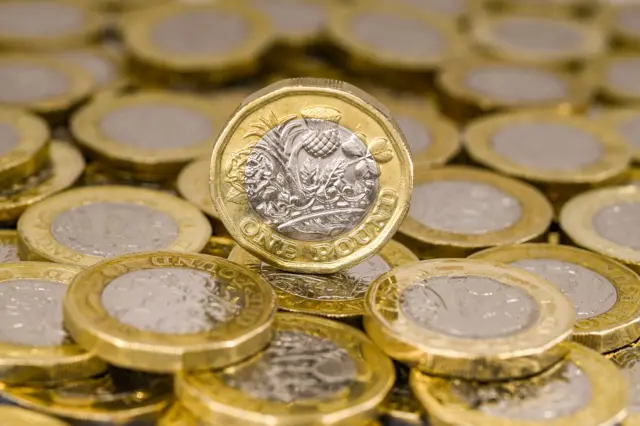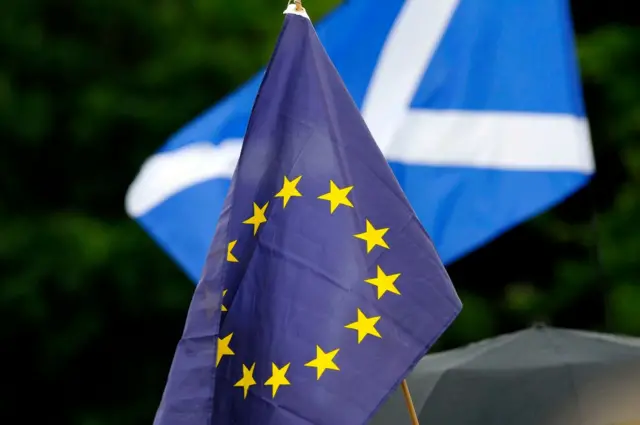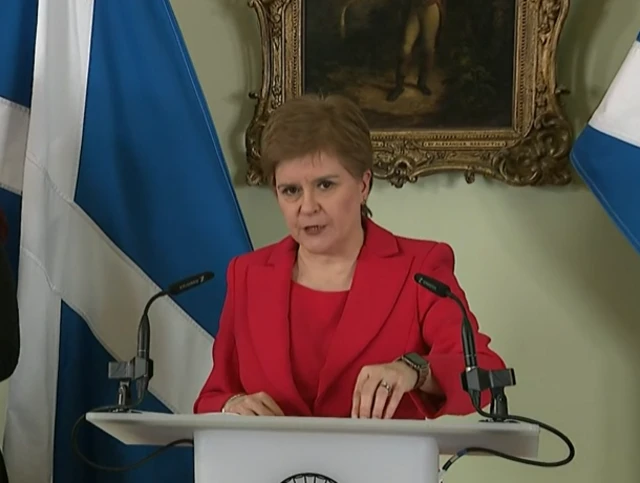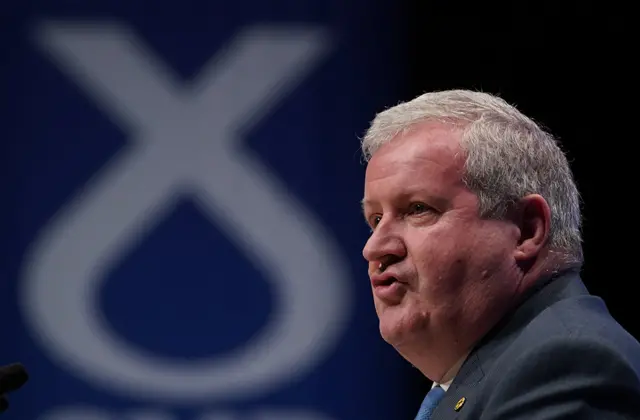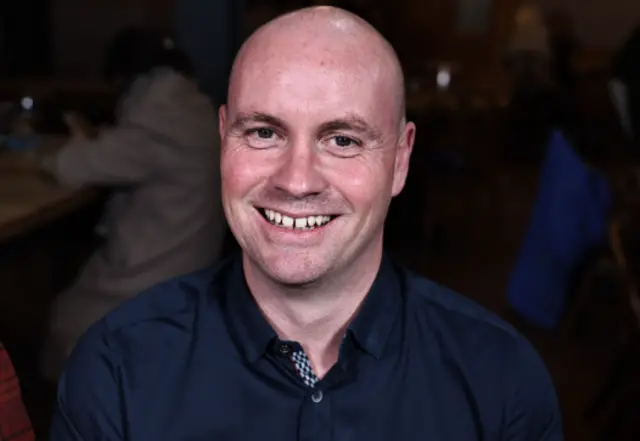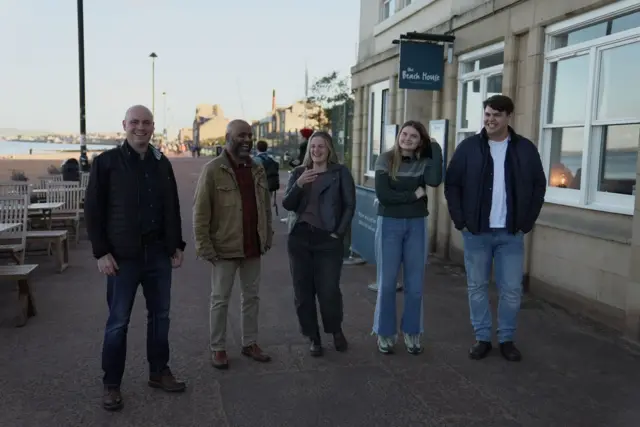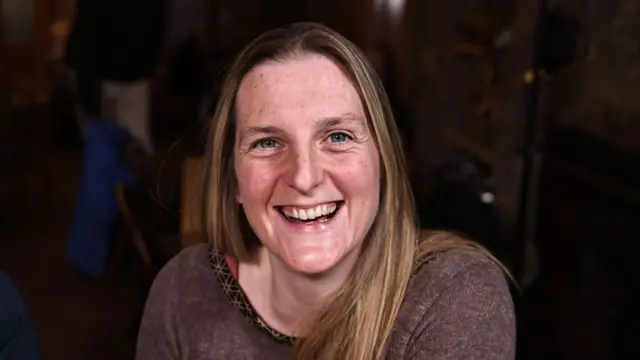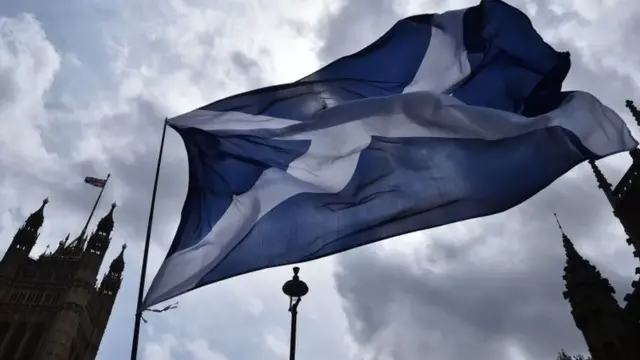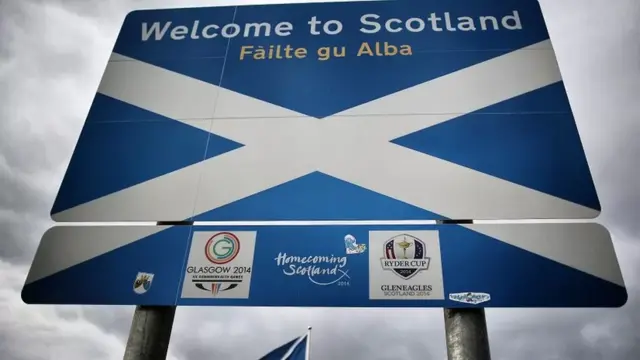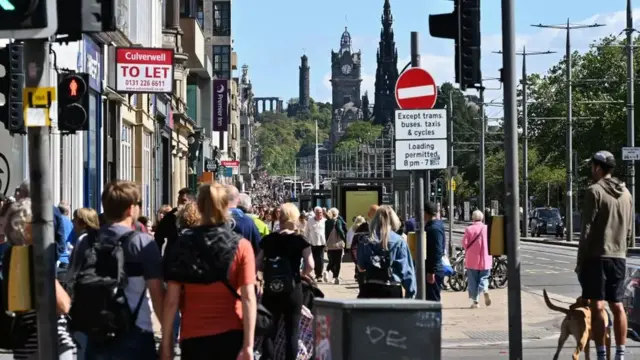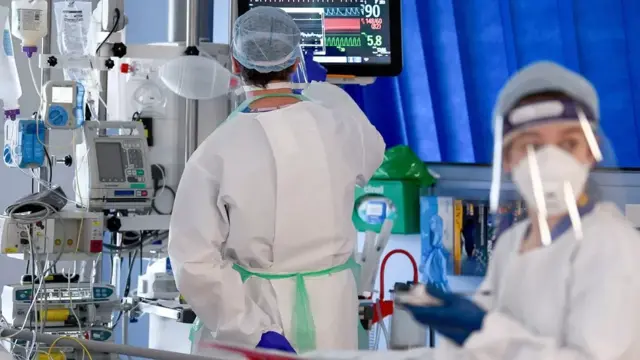'It will be hard work'published at 12:35 BST 17 October 2022
The first minister acknowledges that is is not enough to show that the UK economic model is failing - the Scottish government must demonstrate that independence offers a better alternative.
She says independence is not a “miracle cure”, with no guarantees of success.
“Our success will depend on the quality of the decisions we take - it will be hard work,” she says.
